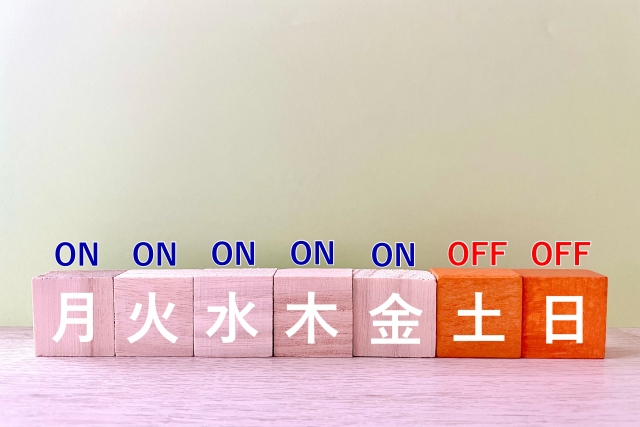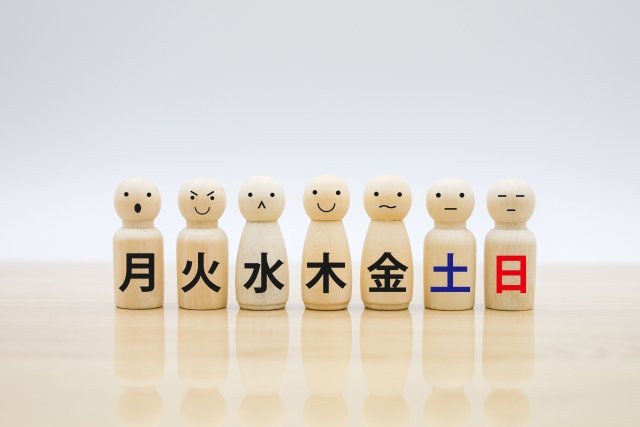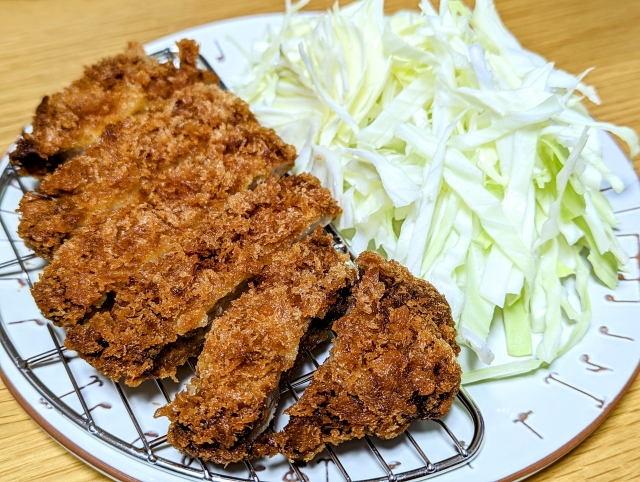If you are going to live in Japan, it is better to learn the word for the days of the week in Japanese.
On the other hand, if you don’t learn them forever, you may have a hard time in your business or private life.
Unlike time or month, there are only “seven” days of the week, so it should not be that difficult to remember them.
In this article, we would like to explain how to say and use such “days of the week” in Japan.
If you are looking for face-to-face or online Japanese lessons with the best Japanese tutors, please check here.
Contents
How to say Japanese day of the week
Let’s take a look at some of the ways of saying “days of the week” in Japan.
- Sunday=日曜日(にちようび、nichiyoubi)
- Monday=月曜日(げつようび、getsuyoubi)
- Tuesday=火曜日(かようび、kayoubi)
- Wednesday=水曜日(すいようび、suiyoubi)
- Thursday=木曜日(もくようび、mokuyoubi)
- Friday=金曜日(きんようび、kinyoubi)
- Saturday=土曜日(どようび、doyoubi)
In English, “Sun” and “Su” are also used, and in many cases, only some of the letters are used in the Japanese language as well.
In some cases, “Sunday” is used, while in other cases, only “Sun” is used.
Therefore, if you remember only the initial letters of “日-月-火-水-木-金-土:にち-げつ-か-すい-もく-きん-ど”, you will not have much trouble at work.
It is better to remember how to say “nichiyoubi” and “getsuyoubi,” of course, but it may also be a good idea to remember just the initial letters in kanji.
1 week” means “one week.
In Japanese, “1 week” is called “1-week (issyuukan).
For example, a book published once a week is called “Shukan XX,” and the use of the character for “week” indicates that the book is published on a weekly basis.
The week including the day of the week (this week) is called “this week (konsyuu),” the previous week (last week) is called “last week (sensyuu),” and the next week (next week) is called “next week (raisyuu).

The word day of the week in Japan
In English-speaking countries, “day of week” is used to refer to the entire week without specifying a particular day of the week, while in Japan, “day of the week (youbi)” is used.
And when asking “What day of the week is it today ? and “What day of the week is it today ? You can confirm the day of the week by adding the word “what (nan).
One point to note is that “what” is basically called “nani” in Japan.
In Japan, “what” is basically called “naniga” or “what do you want? (naninisimasuka?)” In many cases, “nani” is used, but there are also cases where it is pronounced “nan” as in “what day of the week”.
In addition to days of the week, “nan” is also used for “how many (nanko)” or “how many times (nankai)” when counting the number of pieces or times.
The week officially begins on Sunday, but Monday is generally the start of the week.
In Japan, as in the U.S. and other countries, the beginning of the week is “Sunday.
In Europe, “Monday” is the start of a week, right?
In fact, many people in Japan, as in Europe, recognize Monday as the beginning of the week.
The calendar always has Sunday as the leftmost day of the week, and the beginning of the week is always on Sunday.
This is thought to be because the overwhelming majority of people start their work week on Monday.
Weekdays and Weekends
In Japan, the five days of “Monday, Tuesday, Wednesday, Thursday, and Friday (weekdays)” are called “heijitsu” and the two days of “Saturday and Sunday (weekends)” are called “shyuumatsu.
If someone says to you, “Let’s go somewhere for fun on the weekend: shyuumatsu, okay?” means “Let’s go somewhere on Saturday or Sunday.
The phrase “I’m busy on weekdays: heijitsu ” is often used to mean “I’m busy Monday through Friday because I have to work.
Japanese days of the week are named after planets.
You may have noticed that the days of the week used in Japan are “Sunday: 日, Monday: 月, Tuesday: 火, Wednesday: 水, Thursday: 木, Friday: 金, and Saturday: 土,” but you may wonder why these kanji are used.
The English meanings of each kanji are: sun for 日, moon for 月, fire for 火, water for 水, wood for 木, gold for 金, and soil for 土.
Some may wonder why these kanji are used.
- Sunday 日=太陽(Sun)
- Monday 月=月(Moon)
- Tuesday 火=火星(Mars)
- Wednesday 水=水星(Mercury)
- Thursday 木=木星(Jupiter)
- Friday 金=金星(Vunus)
- Saturday 土=土星(Saturn)
As these are associated with planets, it may be easier to remember them if you associate them with each other.

Conclusion
In this article, we have explained how to say and use “days of the week” in Japan.
Since days of the week are frequently used in work and private life, you should learn them as soon as possible if you are going to stay in Japan for a long period of time.
Please try to remember them by associating them with the planets.
Related article:









